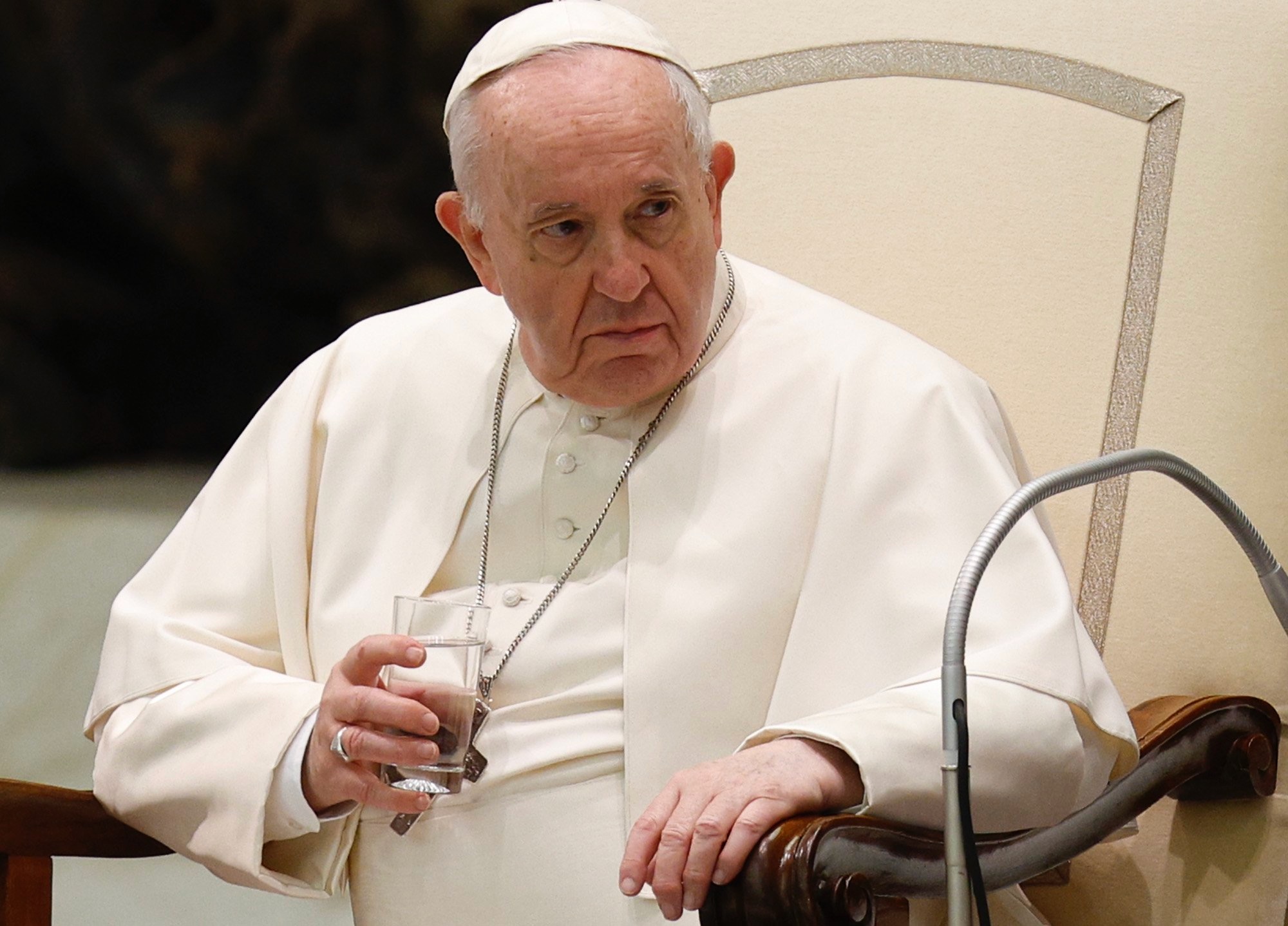Older people are too often seen as a “burden” to be discarded, Pope Francis said today.
Pope Francis, aged 85, referred at his general audience in Rome, to a “new people” which are the elderly.
“We have never been so numerous in human history. The risk of being discarded is even more frequent. Never as numerous as now, never the risk of being discarded as now. Older people are often seen as a burden. In the dramatic first phase of the pandemic, it was they who paid the highest price. They were already the weakest and most neglected part: we didn't look at them too much alive, we didn't even see them die.”
Having finished his series on St Joseph, his address today marked the start of a new catechesis seeking inspiration in the word of God on the meaning and value of old age.
“Together with migration, old age is among the most urgent issues that the human family is called to face at this time,” he said. “We ask ourselves: is there friendship, is there an alliance between the different ages of life or does separation and rejection prevail?”
He noted that in many households, children, young people, adults and the elderly live together. “But the proportion has changed: longevity has become mass and, in large regions of the world, childhood is distributed in small doses.”
The dominant culture has the young adult as a unique model, that is, a self-made individual who always remains young.
“But is it true that youth contains the full meaning of life, while old age simply represents its emptying and loss? Is that true? Only youth has the full meaning of life, and old age is the emptying of life, the loss of life?”
The exaltation of youth as the only age worthy of embodying the human ideal, combined with the contempt of old age seen as fragility, as degradation or disability, was the dominant icon of twentieth-century totalitarianisms, he said. “Have we forgotten this?”
The lengthening of life has a structural impact he said, arguing that they should be honoured for the gifts that lead to the meaning of everyone’s life.
He warned of a “void” where the elderly are waste material: “In this culture of waste, the elderly enter as waste material.”
Youth is beautiful, but eternal youth is a very dangerous hallucination, the Pope continued. “Being old is just as important, and beautiful, is just as important as being young. Let's remember that. The covenant between generations, which restores all ages of life to humans, is our lost gift and we must take it back. It must be found in this throwaway culture and in this culture of productivity.”
Old age is a gift for all ages of life, it is a gift of maturity, of wisdom. “God’s Word will help us discern the meaning and value of old age.”



 Loading ...
Loading ...